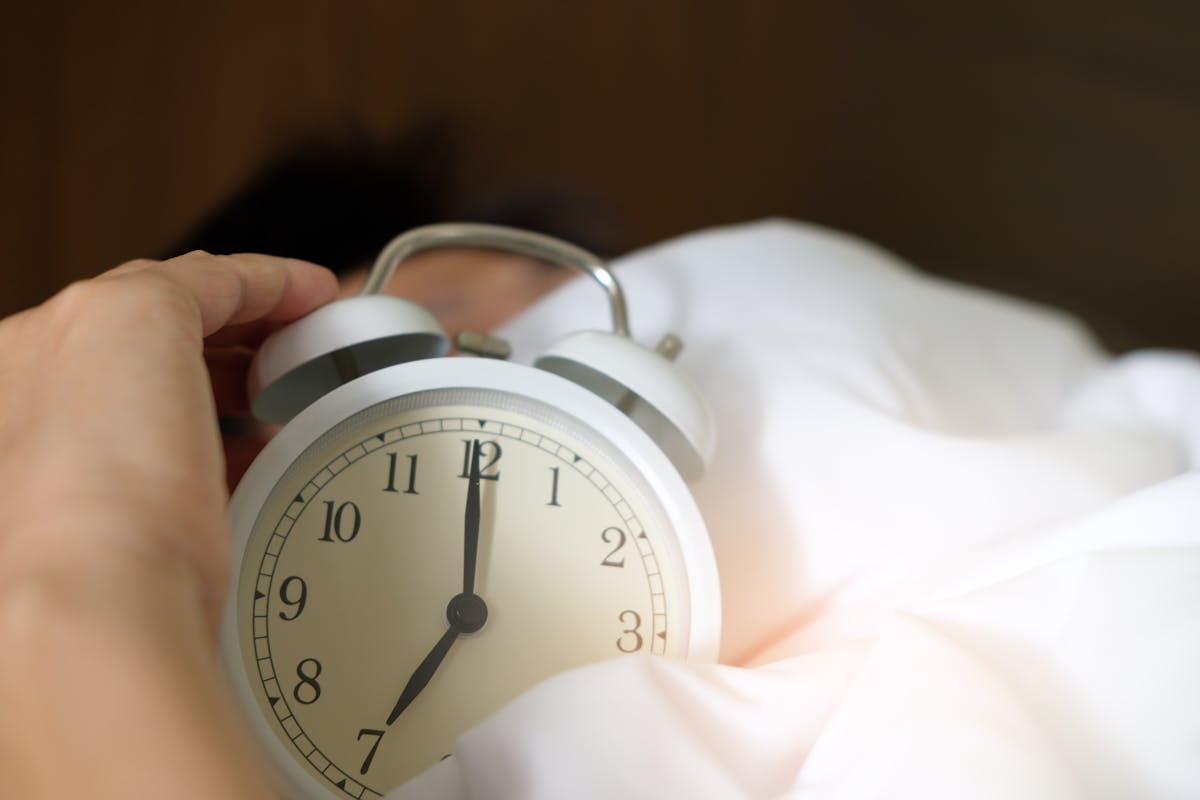
How Much Sleep Is Necessary for Health: The Answer May Surprise You
It is generally accepted that everyone needs about eight hours of sleep per day to function properly. This aligns with previous recommendations by the American Academy of Sleep Medicine (AASM) and the Sleep Research Society (SRS) – every adult should sleep seven or more hours per night for optimal health.
However, in a recent study published in the Proceedings of the National Academy of Sciences (PNAS), researchers found that not everyone needs the same amount of sleep to stay healthy. In fact, the optimal amount of sleep for you may depend on your culture, writes Psychology Today.
Scientists from the University of British Columbia (UBC) and the University of Victoria (UVic) analyzed data on sleep and its health effects from nearly 5,000 people across 20 countries in North America, Europe, Asia, Africa, and South America.
First, they confirmed previous findings that average sleep duration varies significantly from country to country. For example, the average in Japan was six hours and 18 minutes, while in Canada it was seven hours and 27 minutes, and in France seven hours and 52 minutes.
"Despite the common advice to sleep eight hours, our findings suggest that sleep recommendations should be adapted based on cultural norms," said Dr. Steven Heine, professor of social and cultural psychology at the University of British Columbia and co-author of the study.
He added: "There is no universal amount of sleep that fits everyone."
Second, they examined whether individuals in countries with shorter average sleep durations had poorer health outcomes than those in countries with longer sleep durations.
They found that people in countries with less sleep were just as healthy as those in countries with more sleep.
"People who slept closer to their culture’s norms for sleep duration tended to have better overall health," said Dr. Kristin Ou, associate professor at the School of Nursing at the University of British Columbia and lead author of the study.
She added: "This suggests that the ideal amount of sleep is the one that aligns with what is considered appropriate sleep within one’s cultural context."





